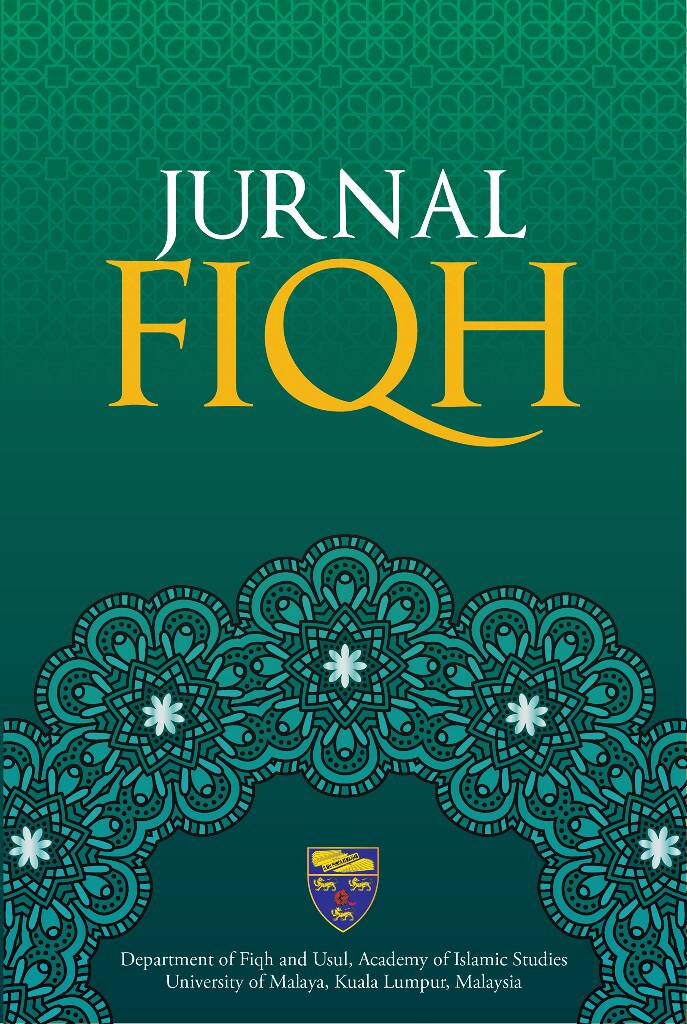Analisis Pencapaian Ḥifz al-Nasab Terhadap Enakmen Kesalahan Jenayah Syariah Berdasarkan Kaedah Fuzzy Delphi
Analysis of Ḥifẓ al-Nasab’ Achievements on the Shariah Criminal Offenses Enactment Based on the Fuzzy Delphi Method
DOI:
https://doi.org/10.22452/fiqh.vol19no1.5Keywords:
ḥifz al-nasab, maqāṣid al-sharī’ah, consensus, Fuzzy DelphiAbstract
Islam is a religion that upholds the values of security, well-being and prosperity. Similarly, punishment in syariah is stipulated to preserve human welfare. The Syariah Criminal Offenses Enactment has been provided to curb the problems and issues of syariah crime in Malaysia. The maximum punishment for adultery and crimes that can lead to adultery such as “muncikari” (pimp) and khalwat (close proximity) in the Syariah Criminal Offenses Enactment is generally three years imprisonment, six lashes and a fine of RM5,000. Looking at the cases involving syariah criminal offenses, especially crimes involving adultery, it is more worrying. The proof can be seen based on the statement by the then Minister of Women and Community Development, Datuk Seri Rohani Abdul Karim in 2017 that more than half a million illegitimate children are registered with the National Registration Department. Therefore, this paper aims to examine the consensus of expert groups on the achievement of maqāṣid al-sharī’ah, especially ḥifz al-nasab in the maximum punishment. The researcher adopted the Fuzzy Delphi analysis method by conducting a survey on 20 expert informants to get consensus from them. This study also contains one element consisting of six items to obtain consensus from study experts. The study concluded that 20 informants of the study experts agreed that the maximum sentence of 3 years imprisonment, 6 lashes and a fine of RM5,000 did not comply with maqāṣid al-sharī’ah, especially the maslahah of ḥifz al-nasab. This agreement involves punishment for the offenses of adultery, qazaf (false accusation of adultery), prostitution, pimp, khalwat, sodomy and musahaqah (sexual intercourse between two women). The group of study experts gave a consensus that the punishment is too low to curb the crime and therefore it does not achieve maqāṣid al-sharī’ah. Therefore, punishments that are more in line with the essence of maqāṣid al-sharī’ah should be implemented such as the enforcement of hudud or at least the implementation of bill 355 proposed amendments in 2021 (thirty years imprisonment, fine of RM100,000 and one hundred lashes).













